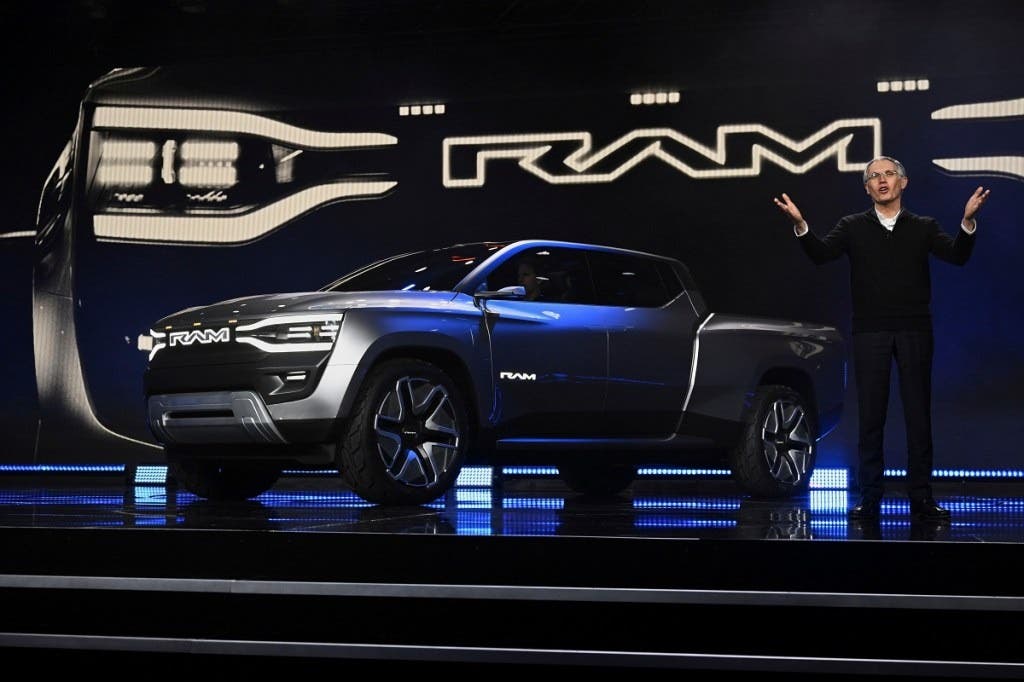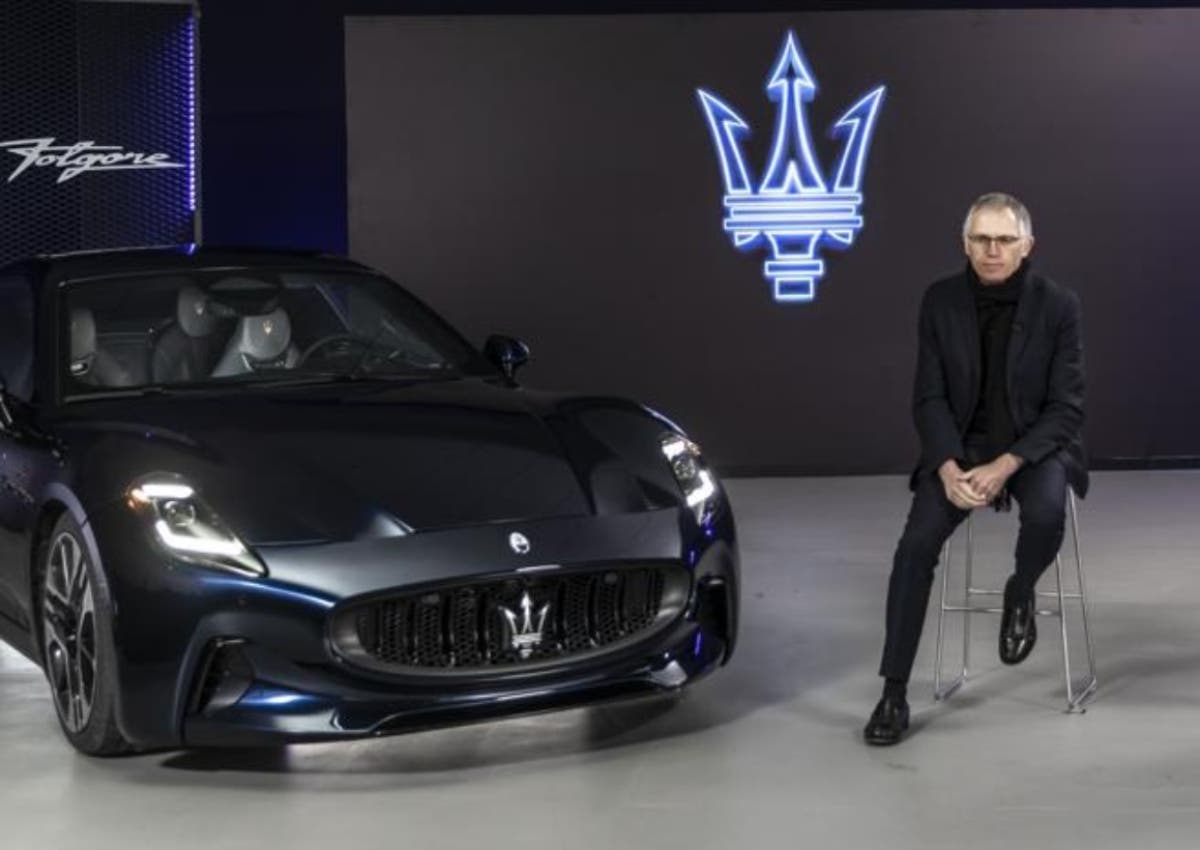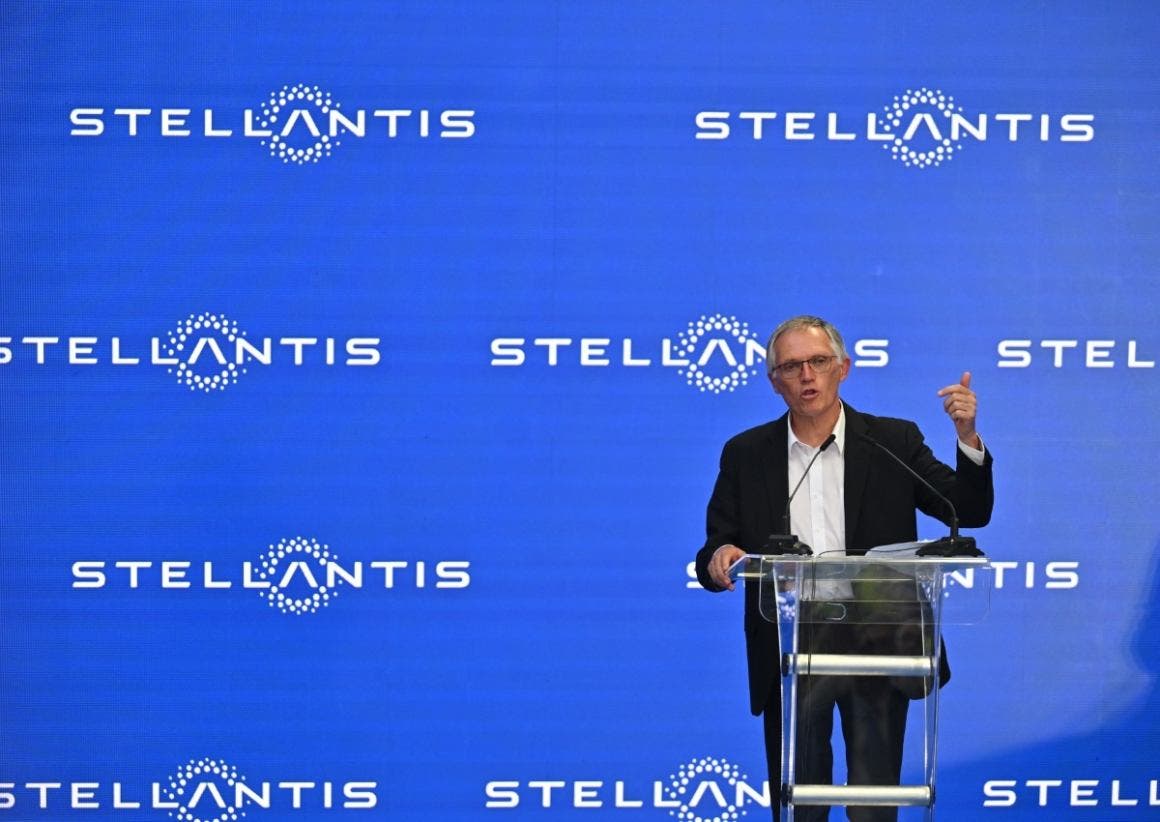Stellantis is at the center of a difficult period, especially in the United States. In the first half of 2024, the automotive group’s net profit plummeted by 48%, and the 16% decline in the United States dealt a significant blow that has had effects on local strategic decisions. Many North American dealers, some forced to sell to optimize costs, are pointing the finger at CEO Carlos Tavares, accusing him of bringing about the “disaster” and “decline” of Stellantis’ U.S. brands.
Tavares’ contract is set to expire in January 2026, but its renewal is far from certain. The words of John Elkann, Chairman of Stellantis and Ferrari, to Bloomberg confirm the start of the search for a new CEO. What could the post-Tavares era look like? And above all, is the current CEO really the problem for the automotive group?
Stellantis is looking for a new CEO, but are we sure they won’t continue with Tavares?

At the moment, a renewal for Tavares is not ruled out, following solid leadership at Stellantis since 2021, after the merger between FCA and PSA. It is still the fourth largest automotive company in the world. Reports from Bloomberg suggest that there is no imminent departure for Tavares. The “successor search” practices would thus be somewhat of a mere formality.
With 14 brands under its control, Stellantis has confirmed its commitment to invest in all its divisions. Tavares had previously threatened that “unprofitable” brands could be marginalized within the Group. DS Automobiles, Lancia, and Chrysler were and are among those struggling the most, as well as Maserati, with deliveries plummeting by over 50%.
Several marketing strategies were reportedly erroneous, some considered ineffective. Product quality has reportedly improved, but the way to reach the right customers was wrong. Ram in the United States is experiencing very difficult times: according to Carlos Tavares, too many Ram 1500 pickup trucks are coming off the production line in Michigan with defects that need to be corrected, which raises production costs.

The general slowdown in electric vehicle sales has forced Stellantis to suspend production of the Fiat 500e for a month. The situation could see a trend reversal regarding the model by 2026, when Fiat will introduce the hybrid petrol version and the new version of the electric city car with a higher capacity battery.
Now Stellantis has 15 months to find a new CEO. It might not be the right time for such an important change at the top, especially if there are doubts about the actual causes of the group’s difficulties.
